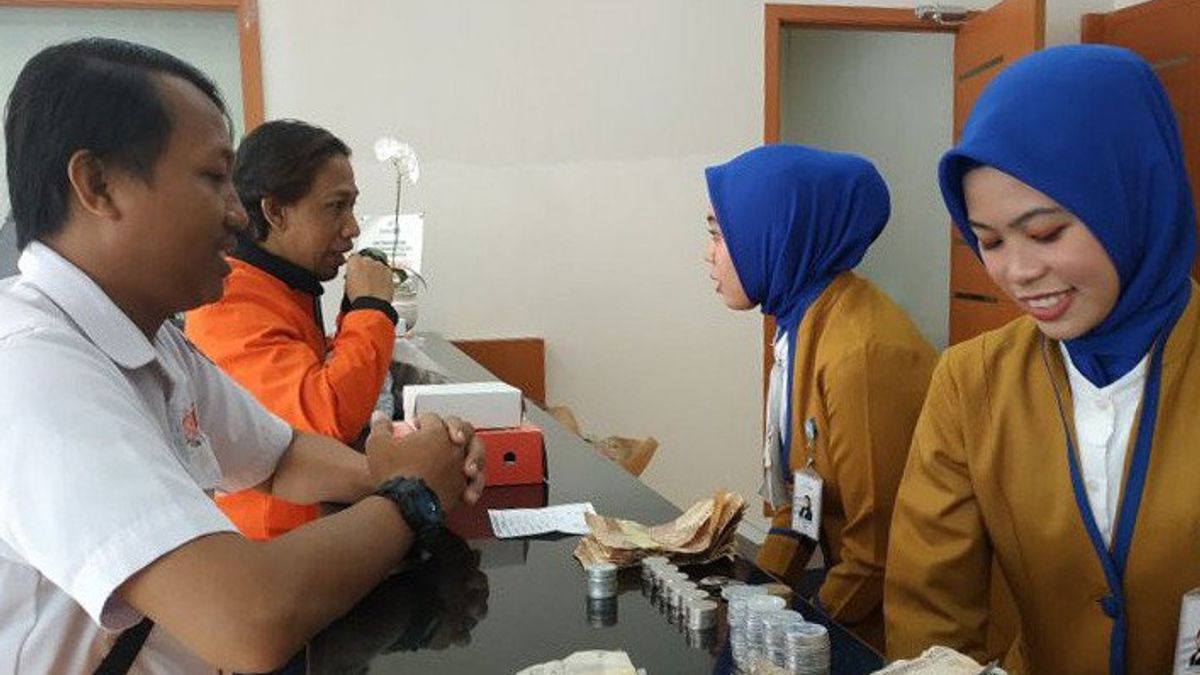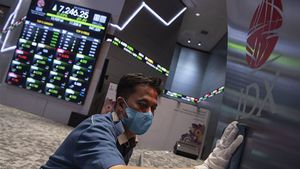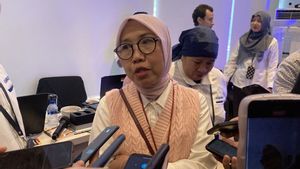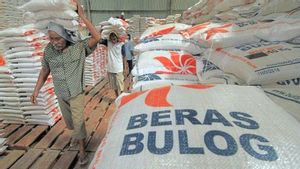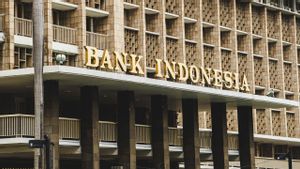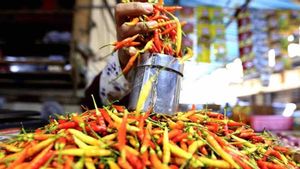JAKARTA - Former DPR member for the 2014-2019 period, Hakam Naja, said that Indonesia should learn to develop a sharia economy from Malaysia, which is now ranked first in the State of the Global Islamic Economy (SGIE).
"This time we are far behind from Malaysia, so we need to study from Malaysia, but we will fight for SGIE's first position one day," said Hakam Naja in an online discussion held by INDEF, quoted from Antara, Friday, April 5.
According to him, to increase Indonesia's ranking in SGIE, which is now in third place, the government needs to implement an inherent leadership such as Malaysia.
He said that the Malaysian government did not separate regulations related to the conventional economy from regulations regarding the sharia economy.
"In Malaysia, the law (related to the sharia economy) is already included in the organic law. For example, the laws on consumers, trade, food, and local governments all contain (regulations related to) the sharia economy," said Hakam.
Not only Malaysia, which is both a country with a Muslim majority population, he said that countries whose Muslim population is a minority group have developed a better sharia economy than Indonesia, especially in exports of halal products.
He mentioned that the countries with the highest export value of halal products are China, Brazil, India, and Australia, while Indonesia is in eighth position.
According to him, this happened because these countries saw the Islamic economic sector from the perspective of economic and business benefits (matter of economy and business).
Hakam said that Indonesia also needs to implement the same mindset, even making sharia economic development a national interest because it can improve the national economy, equitable development, and MSME income.
SEE ALSO:
He also stated that the Indonesian government has great potential in developing the sharia economy, especially in the food sector, considering that Indonesia has a larger Muslim population than Malaysia.
In addition, Indonesia already has a government agency tasked with certifying and guaranteeing halal products, namely the Halal Product Guarantee Administration Agency (BPJPH), unlike halal product certification in China, Brazil, Australia, and India which is still being carried out by the private sector.
In order for the development of the national sharia economy to be realized optimally, he said that the government needed to install benchmarks and certain targets.
"Well, I think there needs to be benchmarks, which is to beat Malaysia by 2030. So we are targeting that by 2030 we will surpass Malaysia," said Hakam.
The English, Chinese, Japanese, Arabic, and French versions are automatically generated by the AI. So there may still be inaccuracies in translating, please always see Indonesian as our main language. (system supported by DigitalSiber.id)
